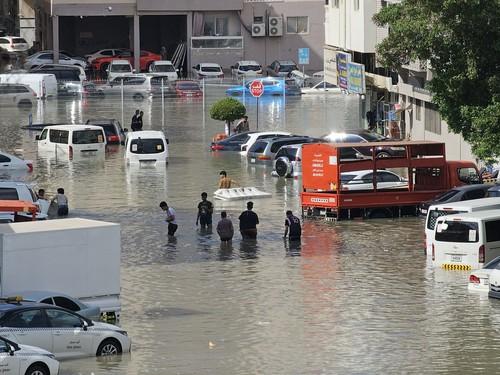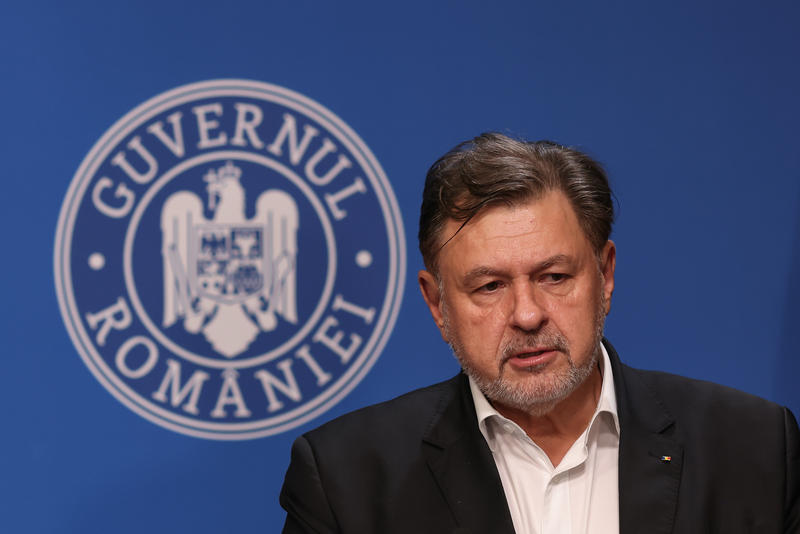The average income growth, doubled by increasing non-governmental credits bring along inflation pressure and the risk for the Romanian economy to over-heat. This is one of the conclusions in the latest World Bank report on the Central and Eastern Europe economies.
The conclusions come as a response to the government's approval for budgetary employees income growth, with a rate reaching 23% for Education employees.
WB officials claim that the problem isn't yet huge for Romania, where the current account deficit is still somewhat balanced by foreign investments.
According to the report, the real growth of the Gross National product (GNP) consolidated in the region, including in Poland, Slovakia and Romania, while the output grew in the second half of 2006, despite the national currencies strengthening compare to the European currency.
Inflation is still under control in Poland and the Czech Republic, but brought up difficulties in Bulgaria and partly in Romania.




















